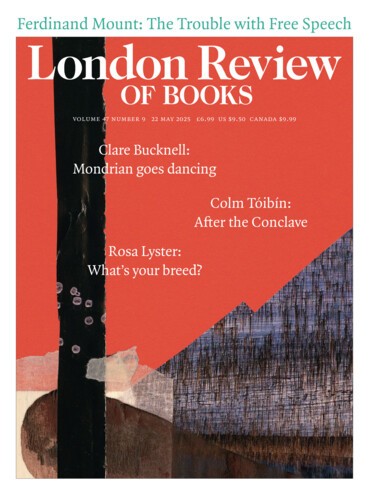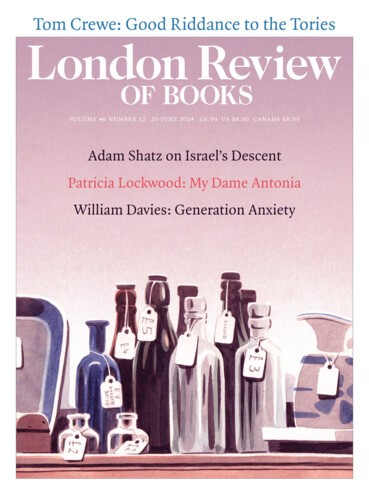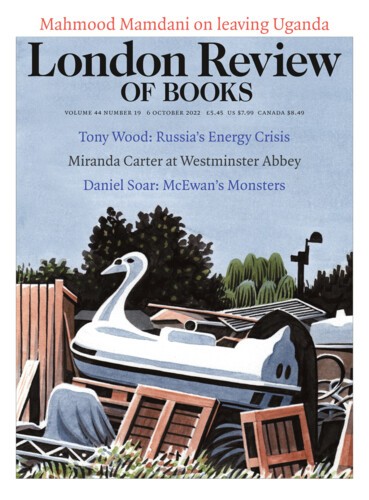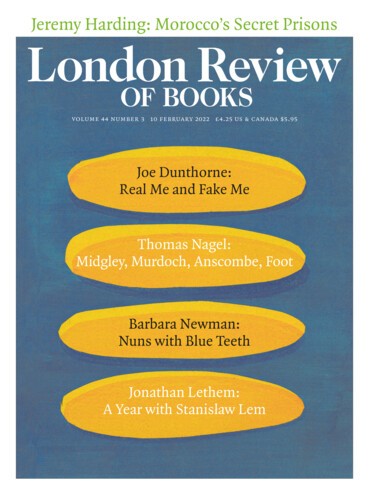Michael Neill
Michael Neill , emeritus professor of English at the University of Auckland, is about to turn eighty.
Get Out Now
8 June 2024
Diary: A Place of ‘Kotahitanga’
Michael Neill, 6 October 2022
There’s a Northern Irish joke about an Englishman who finds himself in Protestant Belfast on 12 July, the anniversary of William of Orange’s victory at the Battle of the Boyne. Puzzled by what he sees, the man accosts a local:
‘I say, what’s going on here?’
‘It’s the Twalth!’
‘I beg your pardon … The twelfth?’
‘Ay, the...
Bloody Pommy
10 February 2022
Bloody Pommy
10 February 2022
Pieces about Michael Neill in the LRB
On the Way in which Tragedy ‘Openeth up the Greatest Wounds and Showeth forth the Ulcers that are Covered with Tissue’
Terence Hawkes, 11 December 1997
Hamlet calls death the ‘undiscovered country’, but perhaps the deftness of that description masks a fatal insouciance. True, it isn’t really possible for us to...
Read anywhere with the London Review of Books app, available now from the App Store for Apple devices, Google Play for Android devices and Amazon for your Kindle Fire.
Sign up to our newsletter
For highlights from the latest issue, our archive and the blog, as well as news, events and exclusive promotions.




